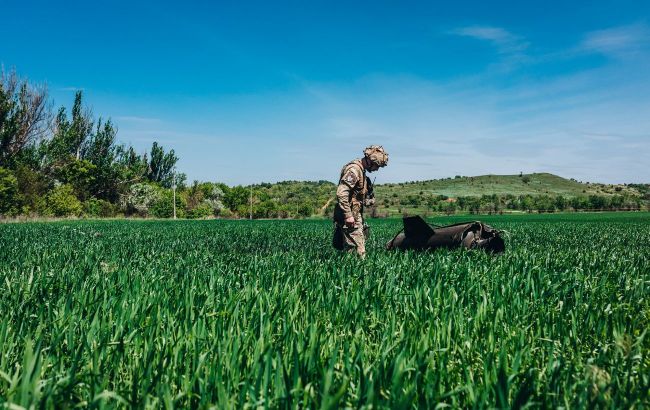Echoes of war: How soil and water pollution will affect human health
 Soil does not recover even after 100 years after the war (Photo: Getty Images)
Soil does not recover even after 100 years after the war (Photo: Getty Images)
Against the backdrop of the war in Ukraine, there is ongoing pollution of soil and water resources, which inevitably affects people's health, says Doctor of Medical Sciences, Professor, and Head of the Department of Oncology at Zaporizhzhia State Medical and Pharmaceutical University, Oleksii Kovalov, in an interview with RBC-Ukraine.
Dangers of soil and water pollution
According to the expert, the risk to people's health due to soil contamination during the war is enormous.
"Since February 24, 2022, Russia has been shelling the entire territory of Ukraine with missiles. The frontline is also extensive. The shells of munitions are made from a cast iron alloy, which, in addition to iron and carbon, contains sulfur and copper. Moreover, carcinogenic perchlorate is used in the production of these munitions," said the professor.
According to his data, after the shelling of one square kilometer of territory, the soil receives:
- 50 tons of iron
- 1 ton of sulfur compounds
- 2.5 tons of copper
"Fragments that remain in the ground eventually oxidize, enter the environment, and become part of the food chains," emphasized the Doctor of Medical Sciences.
Furthermore, powerful explosions can destroy the bedrock layer, leading to the penetration of water, organic substances, and toxins deep into the soil.
"Aggressive pollutants, once they reach the aquifers, can be transported far beyond the battlefield," added Kovalov.
Another huge problem is that the soil does not recover even 100 years after the war ends.
"For example, in the area where the Battle of Verdun with massive artillery shelling took place during World War I, the use of water is still prohibited due to the high perchlorate content," the expert noted.
Based on the above, soil and water pollution during the war directly affects both nature and the quality of cultivated products, as well as people's health in general.

